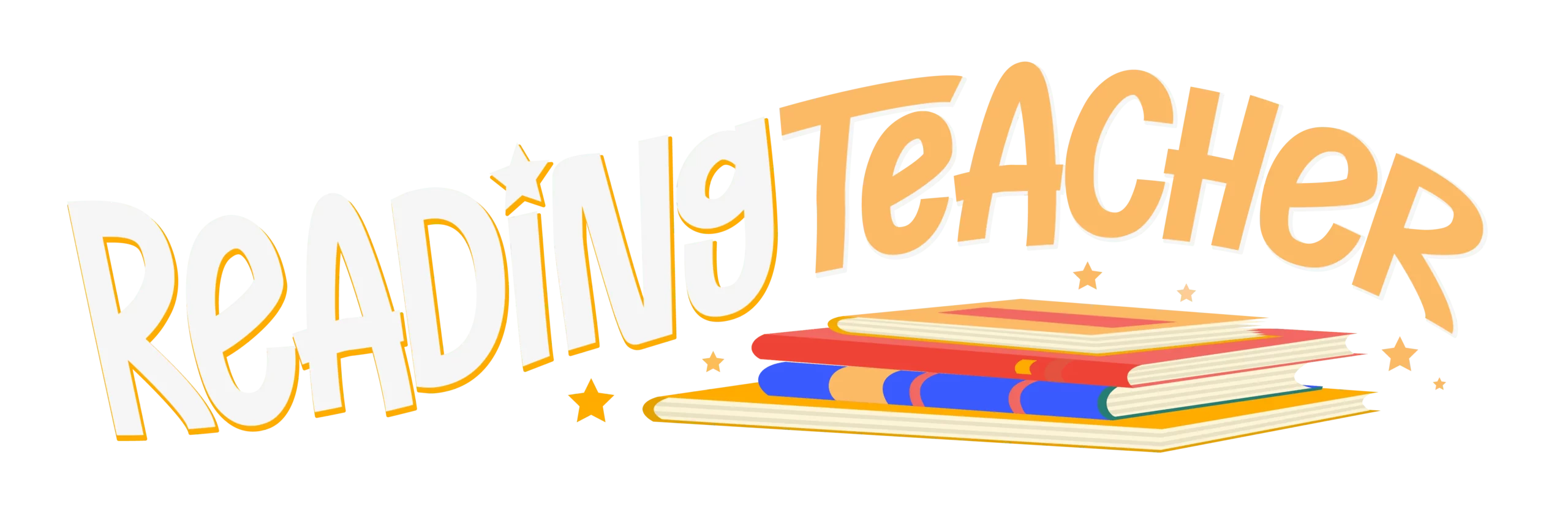High-Impact Tutors Provide Help and Hope for Reading Teachers - The Role of NC Ed Corps
As some U.S. elementary schools return to virtual learning models in response to the most recent omicron surge, providing high-quality reading instruction continues to be a challenge for many reading teachers. Even prior to the pandemic, classroom reading tutors have been essential to literacy improvement efforts, particularly in districts and states where reading scores are historically low. This week, we highlight the role of North Carolina Education Corps (NC Ed Corps), whose specialized tutors are helping more classrooms make the much-anticipated switch to literacy curricula grounded in the science of reading.

In a quest to better support K-3 students - many of whom have lost reading opportunities during COVID-19 - the NC Ed Corps is an essential force. The program heads a statewide movement to improve teacher education and preparation, which is reflected in recent amendments to the state’s Read to Achieve curriculum. Noting the national shortage of teachers, Ed Corps aims to launch its participants’ careers in public education or public service while eliminating barriers for young readers. Equally notable is NC Ed Corps’ emphasis on the science of reading: although the associated body of research is increasingly accepted, many collegiate education programs neglect to teach the basics of reading science to future educators. In many ways, NC Ed Corps fills the gap between what’s necessary and what’s currently possible, expanding the abilities of individual teachers to provide more personalized and holistic instruction to early readers while preparing and empowering future educators.

As we continue to monitor its long-term outcomes, the NC Ed Corps model is important to consider if other states choose to adopt similarly innovative programs. Currently, Ed Corps members work at least part-time as reading tutors, mentors, and, inevitably, contact tracers. In the era of COVID-19, the program focuses on high-impact and early-grades literacy education to accelerate learning recovery and foster strong relationships between students and educators. So far, 23 districts in North Carolina have hired NC Ed Corps members, who commit to nine months at an assigned school and meet groups of one to three students, 3 times a week, for at least 30 minutes per session. The program’s members include community college and university students as well as recent graduates and even retirees, all of whom are passionate about increasing access to high-quality reading education while serving as mentors for young readers.
Passionate and innovative reading tutors continue to be an invaluable asset as schools shift and respond to ever-changing public health guidelines. Pairing tutors with well-trained teachers is integral for both the reading success and socioemotional health of students: beyond fundamental reading skills, many children are struggling to form and maintain foundational connections with their teachers and peers, and tutors help to bridge these social gaps. As more U.S. schools enlist tutors and enroll teachers in science-of-reading training programs such as LETRS, educational leaders demonstrate hope and knowledge to help us navigate public health challenges, Zoom reading classrooms, and beyond.

Take-Aways:
- As classrooms continue to respond to the challenges of the pandemic, reading tutors can have a tremendous impact in early reading classrooms.
- The North Carolina Education Corps program offers a successful model of high-impact tutoring: the program strives to remove barriers to literacy while training young educators in the science of reading.
- Well-trained tutors can help classrooms recover learning lost during virtual instruction and extend the reach of homeroom teachers by serving as mentors for young students.
Start Teaching Reading for Free Now!
Access Level 1’s four interactive stories and the accompanying supplemental resources to teach elementary students how to read. No credit card is needed. Join the 42,635 teachers and students using our reading program.
